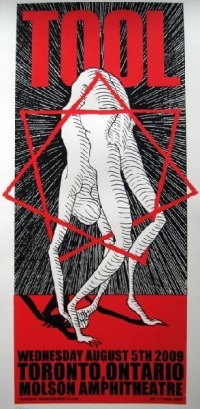
Как реагировали верующие на действия реформаторов в 17 веке
 0
0
 0
0
Ответы на вопрос
 Внимание! Ответы на вопросы дают живые люди. Они могут содержать ошибочную информацию, заблуждения, а также ответы могут быть сгенерированы нейросетями. Будьте внимательны. Если вы уверены, что ответ неверный, нажмите кнопку "Пожаловаться" под ответом.
Внимание! Ответы на вопросы дают живые люди. Они могут содержать ошибочную информацию, заблуждения, а также ответы могут быть сгенерированы нейросетями. Будьте внимательны. Если вы уверены, что ответ неверный, нажмите кнопку "Пожаловаться" под ответом.

Как правило, знакомство первых с новым учением было глубже, чем знания об учении реформаторов вторых. Называлось это "религиозные войны". Самый разгар этих войн в Европе пришелся на 16 век. В 17 веке страсти немного поутихли, но все же были:
Тридцатилетняя война 1618 - 1648. Война началась как столкновение между протестантами и католиками в Германии.
Во Франции в 1627 - 1628 годах католики опять воевали с гугенотами за город и крепость Ла-Рошель. В 1685 году Людовик 14 попытался снова прижать гугенотов отменив нантский эдикт эдиктом Фонтенбло. В результате 200 тысяч гугенотов бежали из Франции в соседние страны.
 0
0
 0
0

Reactions of Believers to Reformers' Actions in the 17th Century
In the 17th century, the actions of reformers were met with various reactions from believers. These reactions were influenced by a range of factors, including religious, social, and political contexts.
1. Support and Opposition: - The actions of reformers in the 17th century elicited both support and opposition from believers. Some individuals embraced the reforms advocated by the reformers, while others vehemently opposed them.
2. Impact on Religious Practices: - The activities of reformers had a significant impact on religious practices during this period. They sought to challenge and change established religious traditions, leading to a division among believers regarding the acceptance of these changes.
3. Religious and Political Context: - The reactions of believers to the actions of reformers were also influenced by the prevailing religious and political context of the time. This context played a crucial role in shaping the responses of believers to the reformers' initiatives.
4. Societal Division: - The actions of reformers in the 17th century contributed to societal division, with believers being divided in their support for or opposition to the reforms. This division often led to conflicts and tensions within communities.
5. Enduring Impact: - The impact of the actions of reformers in the 17th century had enduring effects on religious practices and beliefs. The legacy of these reforms continued to shape religious dynamics in subsequent centuries.
In summary, the actions of reformers in the 17th century evoked diverse reactions from believers, leading to significant changes in religious practices and beliefs, as well as societal divisions and enduring impacts on religious dynamics.
 0
0
 0
0
Топ вопросов за вчера в категории История
Последние заданные вопросы в категории История
-
Математика
-
Литература
-
Алгебра
-
Русский язык
-
Геометрия
-
Английский язык
-
Химия
-
Физика
-
Биология
-
Другие предметы
-
История
-
Обществознание
-
Окружающий мир
-
География
-
Українська мова
-
Информатика
-
Українська література
-
Қазақ тiлi
-
Экономика
-
Музыка
-
Право
-
Беларуская мова
-
Французский язык
-
Немецкий язык
-
МХК
-
ОБЖ
-
Психология
-
Физкультура и спорт
-
Астрономия
-
Кыргыз тили
-
Оʻzbek tili




















